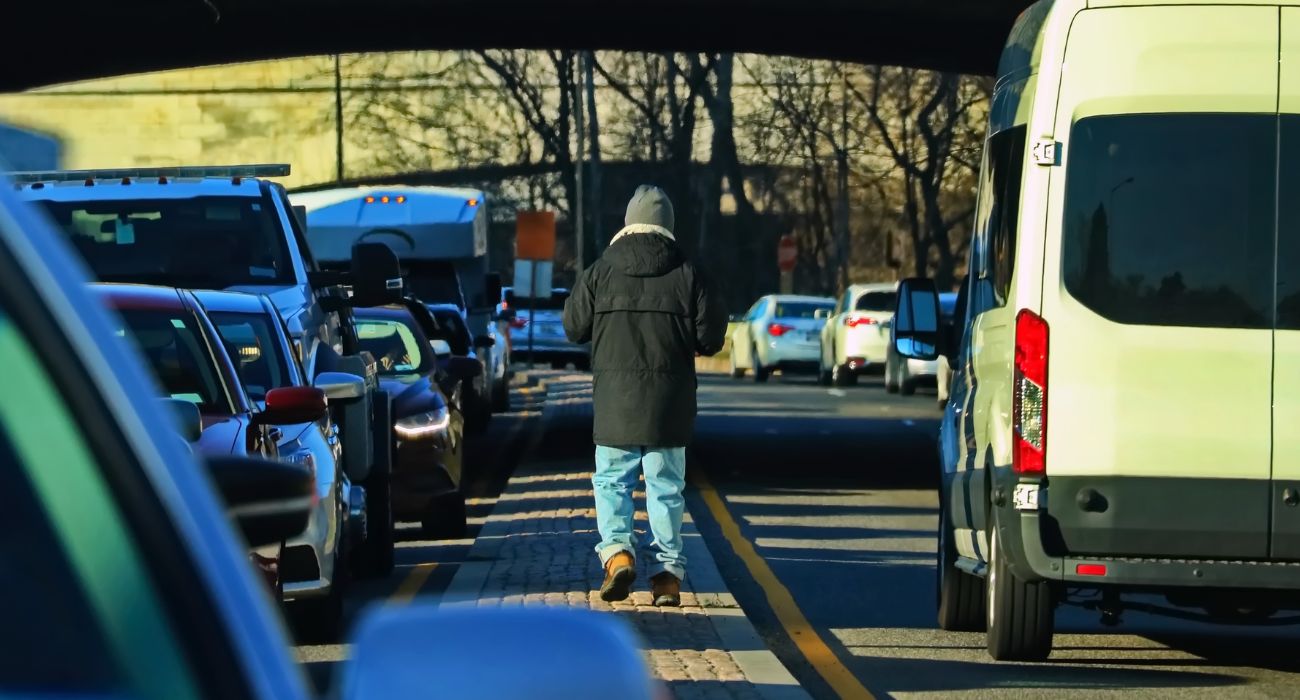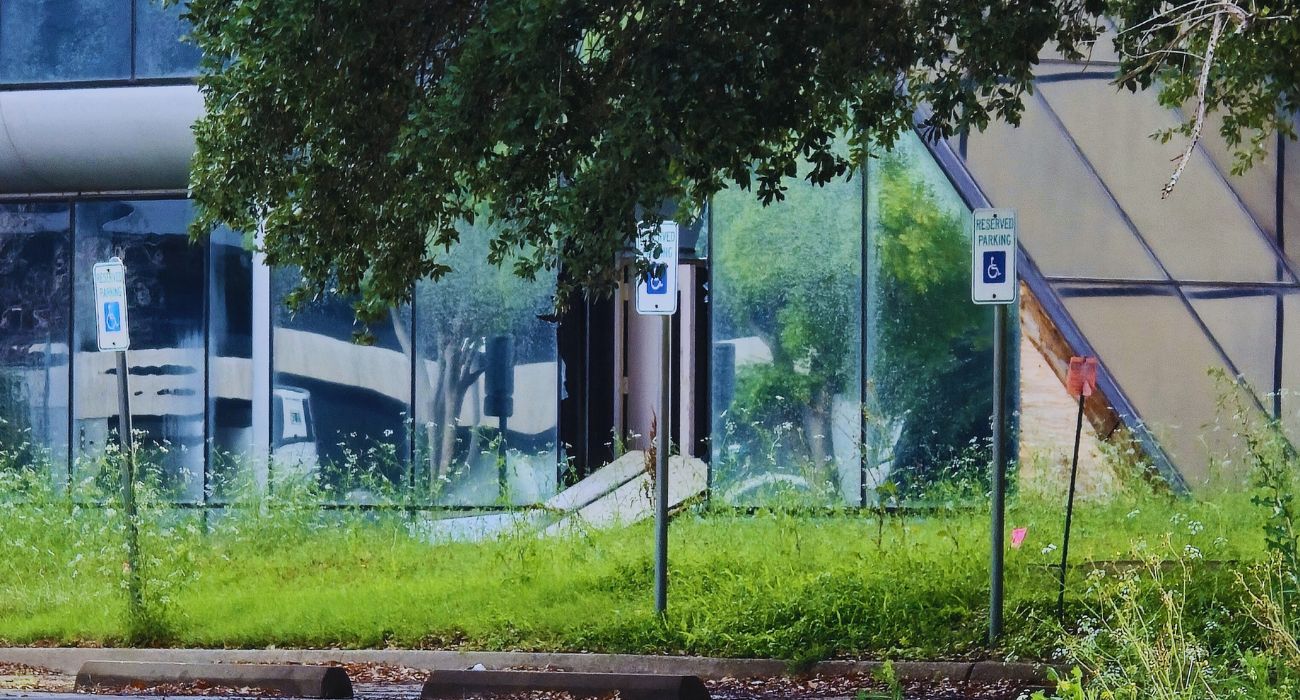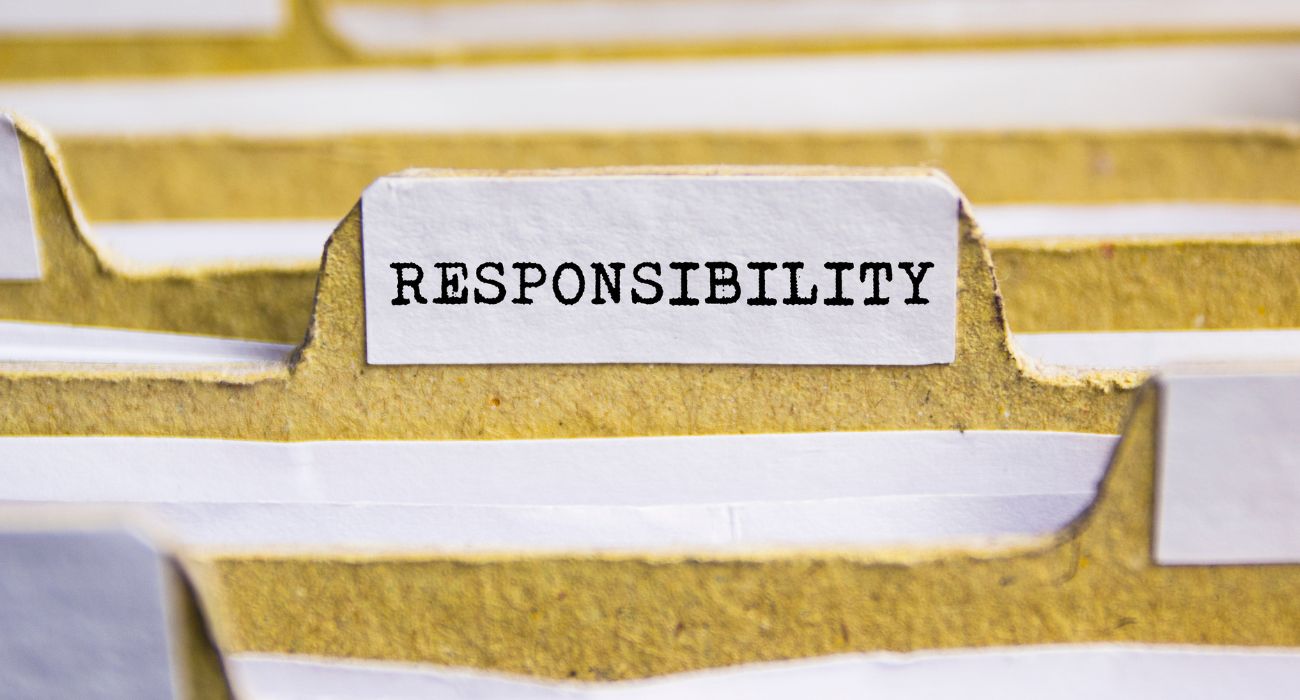Dallas City Council Member Gay Donnell Willis is encouraging generous residents to donate to experienced homeless outreach professionals rather than giving directly to panhandlers.
Willis (District 13) told The Dallas Express that panhandling and homelessness are enabled by those who, with the best of intentions, give money and food to panhandlers. She said it discourages them from accepting professional help.
“The main reason you see panhandlers at intersections is because they are getting what they need to survive delivered to them … [by] people who think they are helping out a person in need,” she said.
“The reality is that this ‘street charity’ does more harm than good,” Willis explained. “It trains people to stay right where they are because they have money, food, and clothing being given to them. A temporary ‘feel good’ donation actually makes this person more resistant to the trained professionals that are on the ground visiting these sites every day.”
The need to properly address the issues of panhandling, homelessness, and vagrancy has been pressing in Dallas, as residents say they are among their top concerns. Recent polling conducted by The Dallas Express found that 76% of residents are frustrated with the current state of affairs when it comes to such issues.
Willis said street charity can lead to trash-ridden streets and even traffic signal outages. The latter has been expounded upon by Office of Homeless Solutions (OHS) Director Christine Crossley, as previously covered by The Dallas Express.
“It also causes an accumulation of litter at intersections — this is unsightly and draws rodents,” Willis explained. “We’ve even had instances of the soy-coated wires in some traffic signals chewed up as a result — not the outcome I’m sure our generous citizens intended!”
The District 13 council member said that while “some people may think panhandlers should be taken to jail,” she believes this would not be “the best use of our law enforcement resources.”
“[A]nd frankly, it just doesn’t work,” she claimed.
“The reality is that many panhandlers are not truly homeless, but they are insecurely sheltered. Many have suffered from trauma,” Willis continued. “We must disrupt the giving at the street so the outreach teams with the City and other nonprofits can help these individuals find the tools they need to help them get back to a better life.”
“Dallas is filled with generous people,” she said. “Folks who want to give definitely should! But, do it through a nonprofit that can make that dollar, sandwich, or t-shirt go further by involving a trained professional who can help move that needy person to shelter, counseling, food, education, or employment — whatever they need to help them get their life back on track.”
Willis encouraged Dallasites to donate to Our Calling, Austin Street Center, The Bridge Homeless Resource Center, Metrocare Mental Health Services, and the Communities Foundation of Texas fund for the OHS.
The OHS has an anti-panhandling campaign called “Give Responsibly,” which encourages generous Dallasites to donate to nonprofits and homeless response organizations rather than giving directly to panhandlers.
City officials have pursued several homelessness response initiatives, including transitional housing projects. Still, many of them have been plagued with issues, as some Dallas City Council members have pointed out.
Other cities have experimented with different approaches. Haven for Hope has been successful in San Antonio with its “one-stop-shop” model for homeless services — providing transitional housing along with services like counseling and job training on the same campus.
The approach has been credited with a 77% reduction in homelessness in San Antonio and has polled favorably among Dallas residents.
Mayor Eric Johnson even visited Haven for Hope in August, however, it remains to be seen whether the City of Dallas will try out a similar model.






